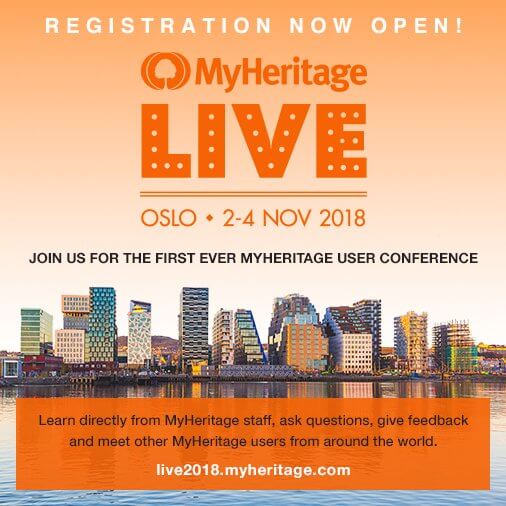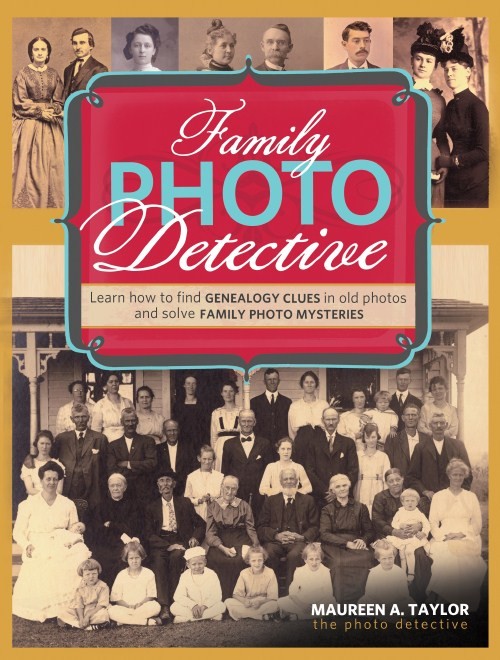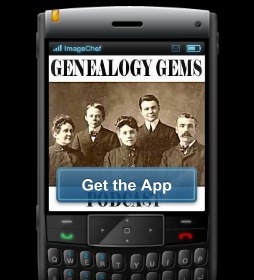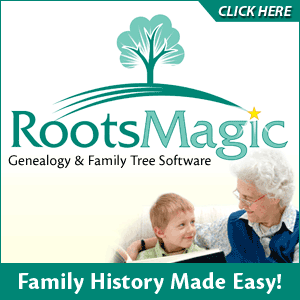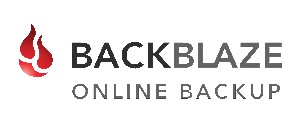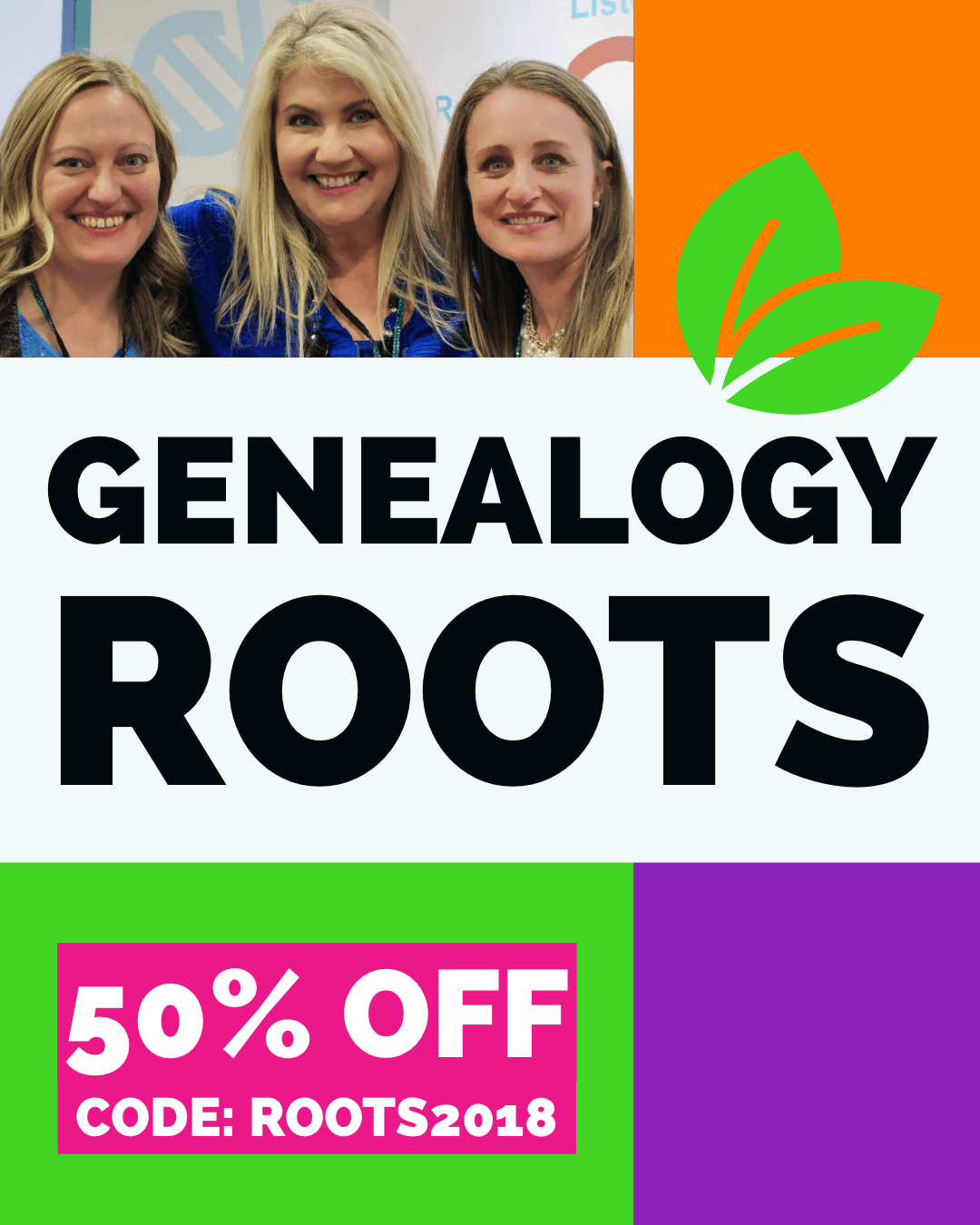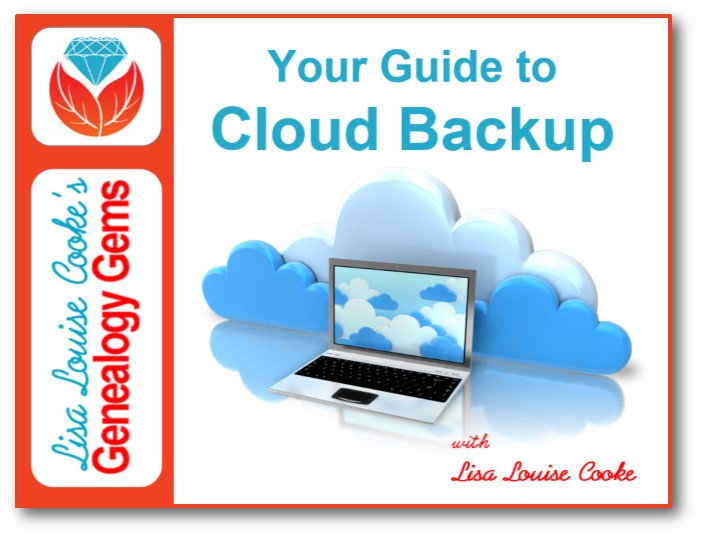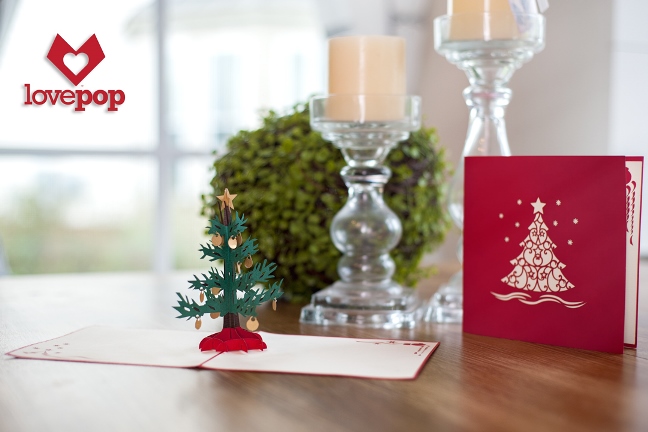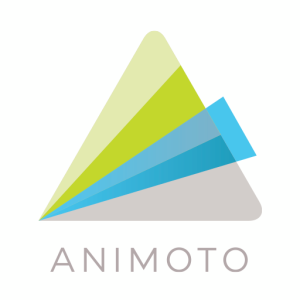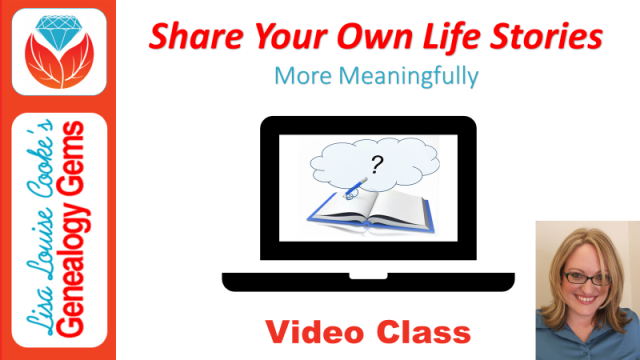Mayflower Ancestors Tops US Genealogy Records now Online
A new Mayflower ancestors database can help connect you with your Pilgrim roots. Also, amateur US newspapers: Hill Air Force Base newspaper, Norwegian and African American Mormons, PERSI updates and collections for Alabama, Georgia, Indiana, Massachusetts, Ohio,...Genealogy Gems Podcast Episode 221 – Recorded at FGS
The Genealogy Gems Podcast
Episode #221
with Lisa Louise Cooke
Live from FGS 2018!
Lisa chats with a podcast listener, talks about vital records with Shannon Combs-Bennett and welcomes a drop-by guest, Daniel Horowitz of MyHeritage.com.
Episode highlights:
- Fantastic news from RootsTech;
- A great new resource from Library & Archives Canada;
- An update from Your DNA Guide Diahan Southard on MyHeritage DNA tools;
- The long-awaited conclusion of Project Lizzie.
LIVE FROM FGS!
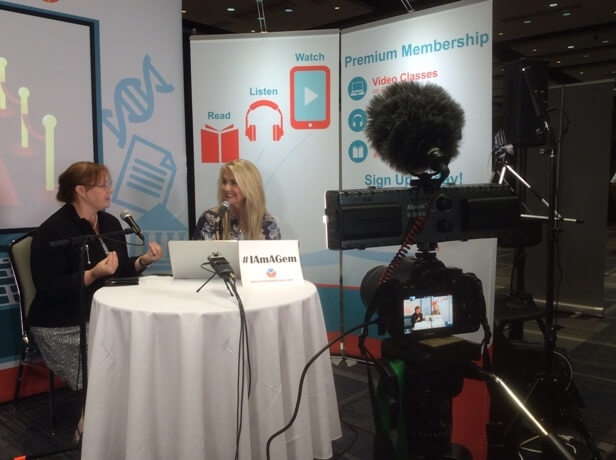
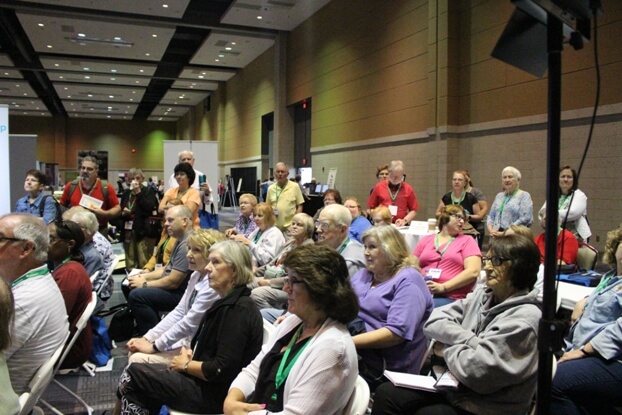
Lisa records the podcast in the exhibit hall with guest Shannon Combs-Bennett and a live studio audience
LIVE MAILBOX: Chatting with Jeannette
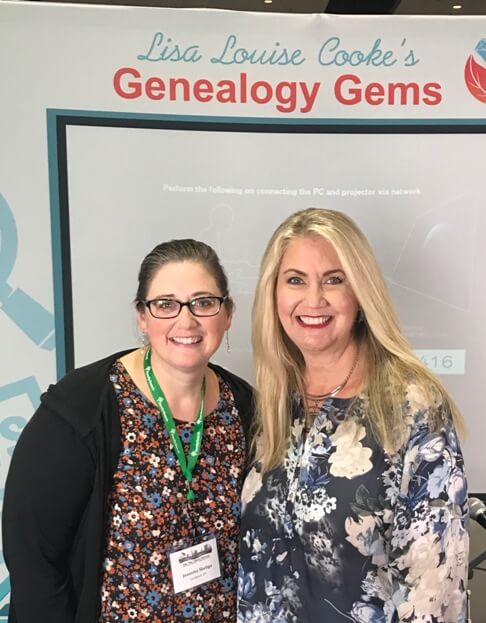
Jeannette from Niagara County Genealogical Society, shown here (left) with Lisa
The FGS conference supports the missions and activities of genealogical societies. Learn more about FGS and find a genealogical society near you here.
Genealogy Gems supports societies, too! Society memberships and reprintable articles for your newsletters. Go to the Societies dropdown menu on GenealogyGems.com:

If your society is interested in hosting Lisa Louise Cooke for a seminar, go to the Seminars tab and click Book Lisa.
INTERVIEW: Shannon Combs-Bennett on Vital Records
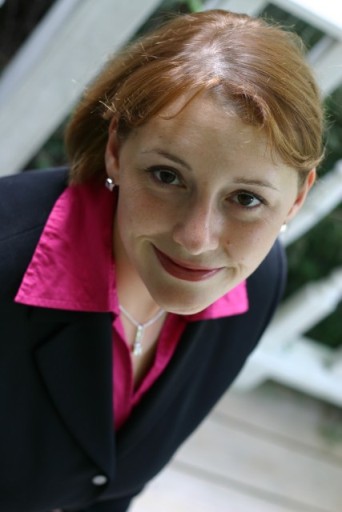
Learn more about using vital records in your research in the free Genealogy: Family History Made Easy Podcast, episode 4.
INTERVIEW: Daniel Horowitz, MyHeritage
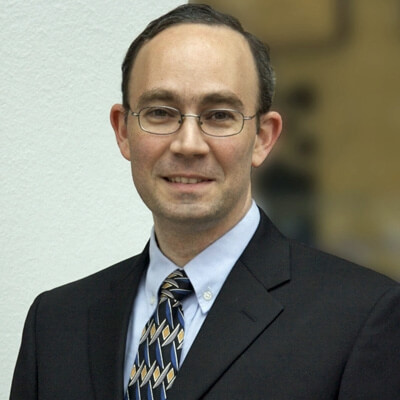
As MyHeritage’s Genealogy Expert, Daniel Horowitz provides key contributions in the product development, customer support and public affairs areas. He holds board level positions at the Israel Genealogy Research Association (IGRA) and the International Association of Jewish Genealogical Societies (IAJGS) among others. Daniel served as teacher and study guide editor for 15 years for the family history project “Searching for My Roots” in Venezuela.
Join Daniel Horowitz and Lisa Louise Cooke at MyHeritage LIVE!
Who: Daniel Horowitz, Lisa Louise Cooke and MORE great presenters!
What: MyHeritage LIVE
Where: Oslo, Norway at the Radisson Blu Scandinavia hotel
When: November 2-4, 2018
It’s open to anyone who would like to learn more about MyHeritage – including subscribers, DNA customers, those with free basic accounts, and those who haven’t used MyHeritage yet but would like to find out more.
Tickets include entry to the Friday night reception, keynote speeches, all conference sessions, lunch and coffee breaks on Saturday and Sunday and entry to the exclusive MyHeritage LIVE party on Saturday night. Now through September 24, register for Early Bird discount price of €75.00. MyHeritage.com is the place to make connections with relatives overseas, particularly with those who may still live in your ancestral homeland. Click here to see what MyHeritage can do for you: it’s free to get started.

MyHeritage.com is the place to make connections with relatives overseas, particularly with those who may still live in your ancestral homeland. Visit www.MyHeritage.com
Subscribe to the free Genealogy Gems newsletter
to receive a free weekly email with tips, inspiration and money-saving deals. Click here to subscribe!
LIVE MAILBOX: Adrianne Keeps Connected with the Podcast
How to identify old cars in photographs
Savvy tips for identifying old photos: An Australian family on holiday in England
Genealogy Gems Premium members may also listen to an interview with Maureen Taylor, The Photo Detective, in Premium Podcast episode 141. She’s the author of Family Photo Detective, a must-have resource for identifying old photographs.
BONUS CONTENT for Genealogy Gems App Users
If you’re listening through the Genealogy Gems app, your bonus content for this episode is a short but inspiring story from someone who came to one of my classes and then went and found something cool on YouTube relating to her family’s employment with airline TWA….Don’t miss it! The Genealogy Gems app is FREE in Google Play and is only $2.99 for Windows, iPhone and iPad users.
Lisa Louise Cooke uses and recommends RootsMagic family history software. From within RootsMagic, you can search historical records on FamilySearch.org, Findmypast.com and MyHeritage.com.
Keep your family history research, photos, tree software files, videos and all other computer files safely backed up with Backblaze, the official cloud-based computer backup system for Lisa Louise Cooke’s Genealogy Gems. Learn more at https://www.backblaze.com/Lisa.
NEWS: RootsTech Goes to London
RootsTech will host an event in London from 24–26 October 2019 at the ExCeL London Convention Centre. Registration opens in February 2019. Find out more about RootsTech London 2019 at https://www.rootstech.org/London.
NEWS: The “Unconference” Experience
REGISTER TODAY: Genealogy Roots: The “Un-Conference Experience”
Lisa Louise Cooke, Diahan Southard, and Sunny Morton will share a stage on October 4-5, 2018 at the SeniorExpo in Sandy, Utah. (Psst: You don’t have to be a senior to attend!) Here’s the scoop—and a special registration discount!
Who: Lisa Louise Cooke, Diahan Southard, and Sunny Morton
What: Genealogy Roots: The Un-Conference Experience! at SeniorExpo
Where: Mountain America Expo Center (South Towne Expo Center), 9081 S. State St., Sandy, Utah
When: October 4-5, 2018, 9:00 am – 5:00 pm
THE ARCHIVE LADY: Library Archives Canada Co-Lab
The Library and Archives of Canada (LAC) has introduced a brand-new crowdsourcing opportunity for genealogists or anyone interested in records transcription: Co-Lab.
The LAC has put a call out for volunteers to be part of a collaborative project to transcribe, add keywords and image tags, translate content from an image or document and add descriptions to digitized images using “Co-Lab” and the new “Collection Search”. The more volunteers that participate in this project, the more accessible and usable the digital collection will become for everyone.
You can become a contributor in two ways:
Take on a “challenge” of images put together by experts at LAC
Use the new Collection Search to find materials that matter most to you, then enhance them. Anyone can now contribute to digitized images that are found while doing research.
The volunteer must register and create a user account so you can keep track of the records to which you have contributed. Once this free account is established, a volunteer can contribute as much or as little as they would like.
The “Challenges” are content put together under a theme. For instance, under the “Challenges” tab on the website you could choose to transcribe the “Correspondence between Sir Robert Borden and Sir Sam Hughes” The theme for this challenge is listed as “military heritage.”

Or another “Challenge” someone might choose could be “New France and Indigenous Relations” whose theme is listed as “Aboriginal Heritage.”

There are also new “Challenges” being posted to the site, so check back often.
Maybe you would like to contribute using Collection Search. The website describes how this tool works: “When you are conducting research using our new search tool and find images, you’ll see that you have the option to enable this image for Co-Lab contributions. After answering just a few short questions, you can enable an image found in Collection Search for Co-Lab use and transcribe/translate/tag/describe to your heart’s content.”
There is a short tutorial to get you started and show you the ropes. The launch of Co-Lab also introduces a new image viewer, which allows you to zoom in on different parts of the image or move around the image itself. This tool is useful when transcribing or adding keywords and image tags to describe all the small details. Every image in Co-Lab is subject to review by other members. If something is found to be incorrect or if you find something that is wrong, it can be marked as “Needs Review” for others to take another look and decide what is correct.
The best part about this new Library and Archives Canada tool is that every contribution by the volunteers benefits fellow genealogy researchers and improves records access. Every additional tag or translation becomes new metadata and is searchable within 24 hours of the transcriptions or tagging being done.
So, if you are like me and are eager to get as much genealogical and historical records online and transcribed, check into The Library and Archives of Canada’s new Co-Lab and Collection Search!
DNA: Improvements to MyHeritage DNA
with Diahan Southard, Your DNA Guide
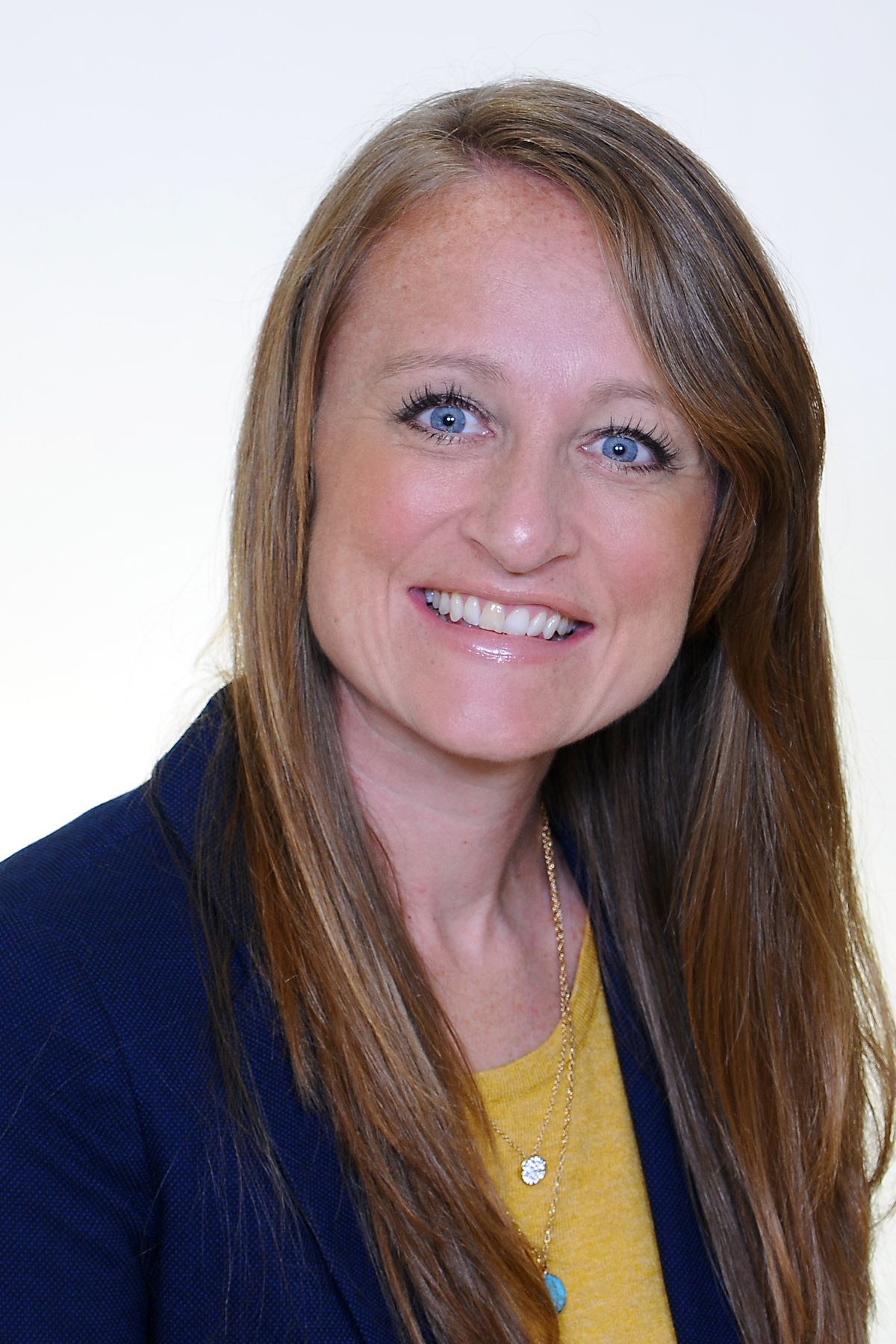
Improvements to MyHeritage DNA
GEM: The Conclusion to Project Lizzie
Click here to read Ron’s blog post announcing the satisfying conclusion of Project Lizzie. To learn more about Ron, stop over at storyhow.com, where Ron teaches business people how to tell stories.
PROFILE AMERICA: Picture This
PRODUCTION CREDITS
- Lisa Louise Cooke, Host and Producer
- Sunny Morton, Contributing Editor
- Diahan Southard, Your DNA Guide, Content Contributor
- Melissa Barker, The Archive Lady, Content Contributor
- Hannah Fullerton, Production Assistant
- Lacey Cooke, Service Manager
Download the Show Notes PDF in the Genealogy Gems Podcast app.
Disclosure: This page contains affiliate links and Genealogy Gems will be compensated if you make a purchase after clicking on these links (at no additional cost to you). Thank you for supporting this free podcast and blog!
Genealogy Gems Podcast Episode 212
The Genealogy Gems Podcast
Episode #212
with Lisa Louise Cooke
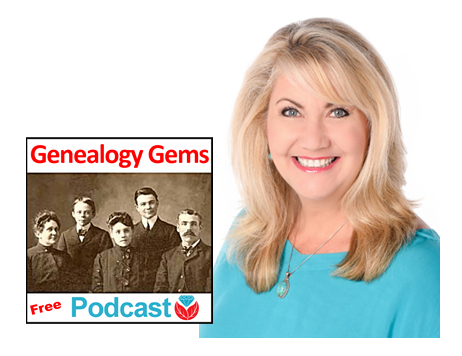
In this episode, Lisa Louise Cooke speaks with Contributing Editor Sunny Morton about turning our fleeting scraps of recollections into meaningful memories.Also:
Genealogist Margaret Linford tells us how she got started in family history. Like many of our best stories, it’s not just about her, but someone who inspired her.
2017 could be called “the year of DNA.” Diahan Southard looks back with a special DNA news digest.
Finding missing ancestors: tips and success stories from Genealogy Gems fans
NEWS: WIKITREE HONOR CODE
WikiTree Press Release on 100,000 signatures
Learn more about using individual v. global/community family trees on Ancestry.com, FamilySearch.org, Findmypast.com and MyHeritage.com in Sunny Morton’s quick reference guide, Genealogy Giants: Comparing the 4 Major Websites.
NEWS: FAMICITY ADDS GEDCOM UPLOAD

NEWS: DNA YEAR IN REVIEW WITH DIAHAN SOUTHARD
As evidence of its now proven usefulness in genealogy research, the genetic genealogy industry is growing at a fast pace. Ancestry.com has amassed the largest database, now boasting over 6 million people tested, and is growing at breakneck speeds, having doubled the size of its database in 2017. As the databases grow larger and our genealogy finds become more frequent, we can’t ignore that this kind of data, the correlated genetic and genealogical data, amassed by these companies, has great value.
In November, MyHeritage announced an effort by their scientific team to “study the relationship between genetics and behavior, personal characteristics, and culture.” These studies are not new, as 23andMe is in open hot pursuit of the connections between genetics and our health, and always has been.
All of our genetic genealogy companies are involved in research on one level or another and every person who swabs or spits has the opportunity to participate in other research projects (click here to read up on the consent policies at each company). At the time of testing, you have the option to opt in or out of this research, and the ability to alter that decision at any time after you test, by accessing your settings. According to an article in Fast Company, it seems we as a community are very interested in helping with research: 23andMe reports an over 80% opt-in-to-research rate among their customers. And I’ve got some breaking news for you: Family Tree DNA just started a consumer awareness campaign to reinforce the message that they will never sell your genetic data. That’s another important topic worth talking about in a future episode, so stay tuned!
All our genetic genealogy companies realize that you might want to do more with your data than just look for your ancestors. This year Family Tree DNA has partnered with Vitagene in an effort to provide insight into your health via your genetic genealogy test results. Of course 23andMe is the leader in health testing when we look at our top genetic genealogy companies. This year 23andMe finally succeeded in passing several of their health tests through the FDA, a huge leap forward in their efforts to provide health testing directly to consumers.
While health testing has certainly seen an explosion of interest this year, it is not the only way that our companies are using the data they have amassed. AncestryDNA took the DNA and pedigree charts of two million customers who consented to research and, using some really fancy science, were able to provide amazing insight into our recent ancestral past with the creation of their genetic communities. These genetic communities enhance our understanding of our heritage by showing us where our ancestors may have been between 1750 and 1850, the genealogical “sweet spot” that most of us are trying to fill in.
Living DNA, a relative newcomer to the genetic genealogy arena, announced in October of 2017 their intention to use their database to help create a One World Family Tree. To do so, they are collecting DNA samples from all over the world, specifically those who four grandparents lived in close proximity to each other. Along with this announcement, Living DNA is allowing individuals who have results from other companies and want to help with this project, to transfer into their database.
So it seems that with growing databases come growing options, whether to opt-in to research, to pursue health information from your DNA test results, or to help build global databases for health or genealogy purposes. Recognizing the growing appeal to non-genealogists as well, AncestryDNA added to their list of options the ability to opt-out of the match page, and there are rumors that Living DNA will soon be adding the option to opt-in to matching (they do not currently have a cousin-matching feature as part of their offering). It can be tricky to keep up with all that goes on, but be sure we at Genealogy Gems are doing our best to keep you up-to-date with any news that might help you make better decisions about your genealogy, and ultimately better equipped to find your ancestors.
GENEALOGY GEMS NEWS
Premium Podcast Episode 154 (publishing later this month)
NEW Premium Video: “Your Guide to Cloud Backup”
This video answers the questions:
- What is cloud backup?
- Why should I use cloud backup?
- How does cloud backup work?
- Is cloud backup safe?
- What should I look for when selecting a cloud backup service?
- My personal cloud backup choice
Click here to subscribe to Genealogy Gems Premium eLearning membership
BONUS CONTENT in the Genealogy Gems App
If you’re listening through the Genealogy Gems app, your bonus content for this episode a reading of an excerpt of the Book of Christmas: Descriptive of the Customs, Ceremonies, Traditions by Thomas Kibble Hervey (The chapter Signs of the Season) published in 1845 ? available for free in Google Books.
The Genealogy Gems app is FREE in Google Play and is only $2.99 for Windows, iPhone and iPad users
MAILBOX

Genealogy Gems blog post on finding missing ancestors
Learn more about using Google Books and Google Patents in Lisa Louise Cooke’s book, The Genealogist’s Google Toolbox
Keep your family history research, photos, tree software files, videos and all other computer files safely backed up with Backblaze, the official cloud-based computer backup system for Lisa Louise Cooke’s Genealogy Gems. Learn more at https://www.backblaze.com/Lisa.
Lovepop Cards
Unlock special pricing for 5 or more cards AND get free shipping on any order by going to https://www.lovepopcards.com/gems
GEM: MARGARET LINFORD’S GENEALOGICAL ORIGINS
Genealogy Gems Podcast episode #208
Click here to read Margaret’s memories and see her pictures of Grandma Overbay
Start creating fabulous, irresistible videos about your family history with Animoto.com. You don’t need special video-editing skills: just drag and drop your photos and videos, pick a layout and music, add a little text and voila! You’ve got an awesome video! Try this out for yourself at Animoto.com.
INTERVIEW: TURN MEMORY FRAGMENTS INTO MEANINGFUL STORIES
Sunny Morton is a Contributing Editor at Genealogy Gems and presenter of the new Premium Video, “Share Your Own Life Stories More Meaningfully” (click here to watch a quick preview). She is also author of Story of My Life: A Workbook for Preserving Your Legacy (use coupon code GEMS17 for an extra 10% off by December 31, 2017).
Strategies for turning memory fragments into meaningful stories (learn more about all of these in the Premium Video, “Share Your Own Life Stories More Meaningfully”):
Gather together even the smallest fragments of your memories together by writing them down.
Think about what missing details you could research by finding pictures, books, chronologies, maps and other resources (both online and offline).
Look for common patterns or recurring themes in groups of memory fragments. (For example, Sunny shared memories of swimming in this episode.) What kind of story do these memories tell over time about your personality, circumstances, relationships or other aspects of your life?
PRODUCTION CREDITS
Lisa Louise Cooke, Host and Producer
Sunny Morton, Editor
Diahan Southard, Your DNA Guide, Content Contributor
Hannah Fullerton, Audio Editor
Lacey Cooke, Service Manager
Disclosure: This page contains affiliate links and Genealogy Gems will be compensated if you make a purchase after clicking on these links (at no additional cost to you). Thank you for supporting this free podcast and blog!
FREE NEWSLETTER:
Subscribe to the Genealogy Gems newsletter to receive a free weekly e-mail newsletter, with tips, inspiration and money-saving deals.

